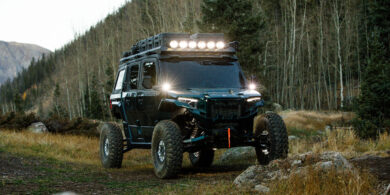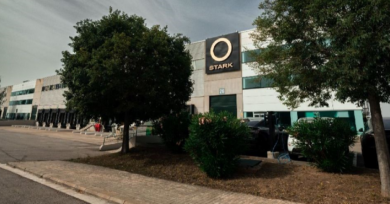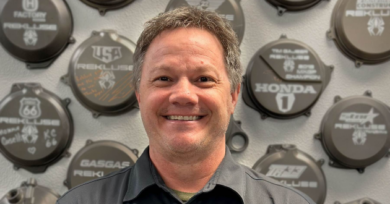Jun. 30, 2008 – Biggest dealer shortcoming remains the size of the sales staff
Often when I speak to groups, I ask for a show of hands on who has too many salespeople. I seldom get even one hand raised.
In 1980, when I started Lemco and Associates I was having lunch with Chuck Larson, who was the head man at Kawasaki Motor Corp., U.S.A. At that time, they were my primary benefactor and were sponsors of the first 20 clubs that we introduced to the industry. Chuck, who was looking for answers to very tough times, asked me what I thought was the biggest shortcoming of dealers.
My first response was “you mean I only get one sentence?” After it was made clear that was all I had, the immediate answer was “not enough salespeople.” That was 28 years ago, and if asked the same question today, when things are once again tough, I would have the same answer.
I could fill this whole column with reasons why most dealers are reluctant to hire an adequate number. No. 1 would be a general lack of comfort with or understanding of the process. No. 2 would be a lack of desire or ability to do all of the continuous monitoring and hand holding (ass kicking) required.
Nearly every dealer I know is doing just what is required, for a whole lot less money in the service department. Think about it. If a mechanic is really good, he can generate $15,000 in labor sales for the month. By the time we take out management, support staff and direct costs, we end up with a contribution of around $6,000. And that is if the tech is really good and there are no come backs or charge backs.
What needs to happen to get these results? Does the tech just walk in and decide what he is going to do today? Does he require monitoring and evaluation? The answers to the questions on the management of this superstar tech are obvious. That is what we have to do to obtain a $6,000 contribution from his efforts.
Since the answers to the management questions in service were obvious, what if we applied the same question to the sales department? Your salespeople, particularly if you are understaffed, do get to decide where they are going to put their effort. Should a salesperson receive less direction and support than a mechanic? How much is it worth?
Rather than talk of superstar performance, like we just did in the service department, let’s assume we are talking about a mediocre salesperson. Someone who is only able to be responsible for five sales in a month in a Harley dealership and say eight in a metric store. That would amount to a gross profit, front and back, of $20,000 in a Harley dealership and $16,000 in a metric. After management, sales payroll and direct costs, you end up with a contribution of more than $10,000. That is far more than the best mechanic will make you and really did not require any more direction. In fact if you really made him/her accountable to each contact, just as you would the mechanic for each repair order, you would likely get more than the five or eight sales.
Like the mechanic, direction and support is required. Unlike the mechanic, there are plenty of people available. Training to be a good host and help the customer through the first four steps of the sales process can be quickly accomplished. There does have to be front line proactive management, just like in the service department, to make it work. If you are operating with three less salespeople then you really need this month, you will be missing $60,000 in gross profit and more contribution than your entire service department is likely to provide. And, most importantly, gaining a lot less customers for your dealership.
It is a lot more profitable to at some point in the year find that you really do have too many salespeople than to ever find yourself with too few. Times are tough, and you cannot hide from all the bad news thrown at you from all directions. From a retail dealer’s standpoint, ask yourself a few questions:
1. Do you believe that there are less people in America who want what you sell?
2. Did you do everything within your ability to give every showroom visitor a great experience, and then make it easy to buy, and then ask several times before he/she left the showroom?
3. Accepting the majority will not make a buying decision on the first day, do you have a controlled follow-up process, that you personally, as dealer principal, monitor each day, in place?
The answer to the first question is NO, they might need more convincing, and more of them will not qualify for financing. We have for a long time missed more opportunities than we have cashed in on. Hard times require hard selling to get the buyers we have been missing. If the answer to 2 and 3 are yes, make sure it is you, the dealer principal, answering it, not the sales staff, who just may not be looking for an opportunity to work harder.
The old friend I wrote about last month told me he has a sales process in place. What he really has is what his general manager said he told the sales manager to convey to his salespeople. My old friend told me, given how tough it is, that he is scaling back his operation to ride out the tough times. That too is an option you can choose. psb
Ed Lemco has been involved with the powersports industry for more than 30 years. Lemco, the former owner of Lemco Management Group, is the founder and executive director of the National Council of Motorcycle Dealer Associations. Lemco currently operates a call center for dealers in St Croix.




